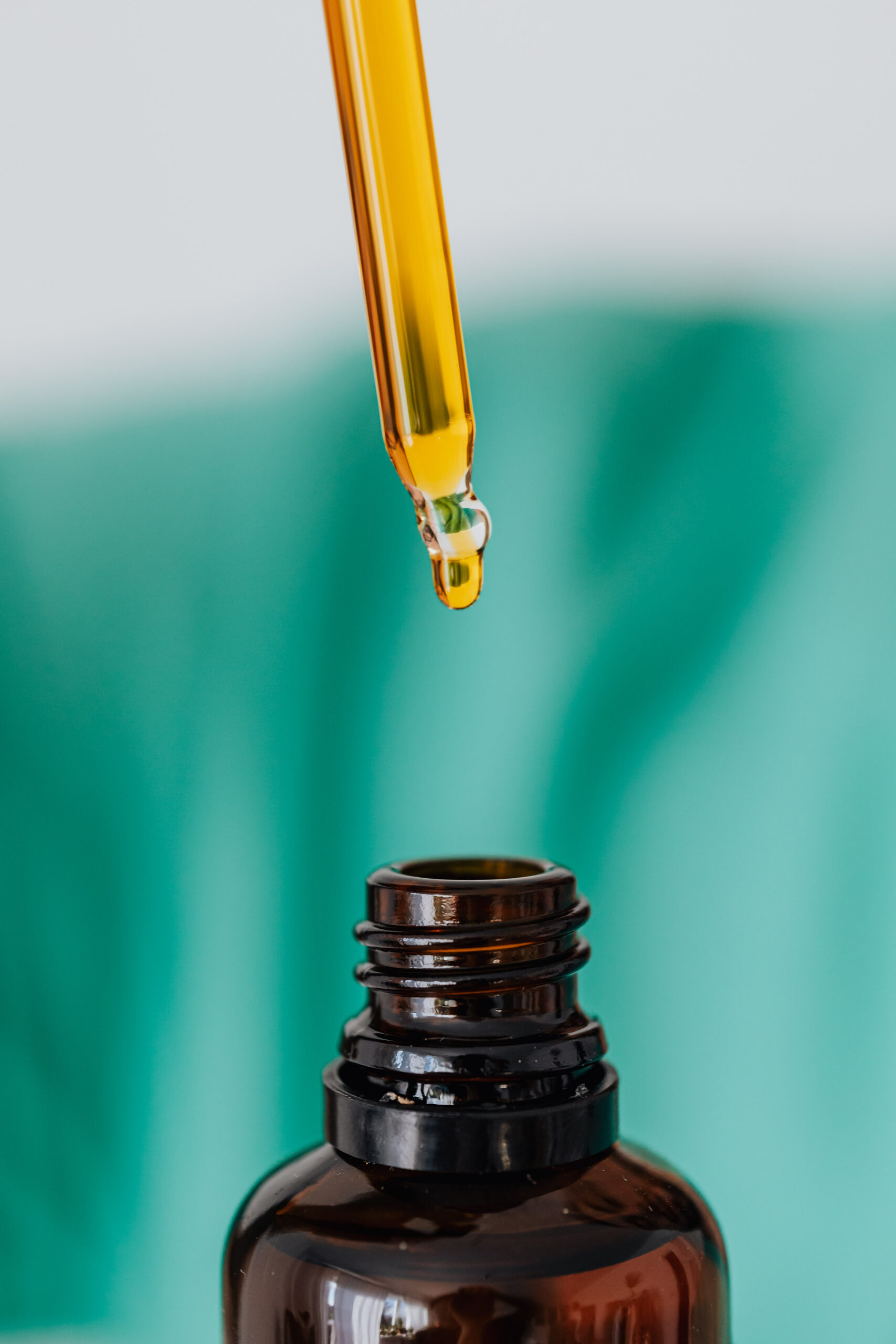What are the possible drug interactions with Venlafaxine?
Title: Unveiling Possible Drug Interactions with Venlafaxine: Safety Comes First
Introduction:When it comes to managing mental health conditions such as depression and anxiety disorders, doctors may prescribe medications like Venlafaxine to alleviate symptoms. However, it is crucial to understand that certain drugs, supplements, or even food can interact with Venlafaxine and potentially cause adverse effects. In this blog, we will delve into the possible drug interactions with Venlafaxine and highlight the importance of prioritizing your well-being by discussing any concerns with your healthcare provider.
Understanding Venlafaxine:Venlafaxine, also commonly known by its brand name Effexor, belongs to a class of medications called serotonin-norepinephrine reuptake inhibitors (SNRIs). It works by balancing the levels of neurotransmitters in the brain, ultimately improving mood and reducing anxiety. Venlafaxine is prescribed for conditions such as major depressive disorder, generalized anxiety disorder, and panic disorder.
Potential Drug Interactions:1. Monoamine Oxidase Inhibitors (MAOIs):Taking Venlafaxine with MAOIs can result in a potentially life-threatening condition known as serotonin syndrome. Symptoms may include agitation, rapid heartbeat, hallucinations, fever, and more. It is crucial to allow a sufficient washout period between the use of MAOIs and Venlafaxine to avoid this dangerous interaction.
2. Selective Serotonin Reuptake Inhibitors (SSRIs):Combining Venlafaxine with SSRIs can increase the risk of serotonin syndrome as both medications have a similar mechanism of action. Close monitoring by your healthcare provider is essential if these medications are prescribed together.
3. Serotonergic Drugs:Certain drugs, such as triptans (used for migraines), tramadol (a pain medication), and some antidepressants like tricyclic antidepressants (TCAs), should be used cautiously with Venlafaxine due to the risk of serotonin syndrome. Inform your doctor about any medications you are taking to ensure your safety.
4. Nonsteroidal Anti-Inflammatory Drugs (NSAIDs):Venlafaxine may increase the risk of bleeding when taken with NSAIDs like aspirin or ibuprofen. If you are using these medications regularly, consult your healthcare provider for advice on the appropriate usage and potential alternatives.
5. Anticoagulants:Using Venlafaxine with anticoagulant medications such as warfarin may increase the likelihood of bleeding complications. Regular monitoring of blood clotting parameters and adjustment of medication doses may be necessary. Always inform your doctor about all medications you are taking, including over-the-counter drugs, herbal supplements, and vitamins.
6. CYP2D6 Inhibitors:Some drugs, such as fluoxetine and paroxetine, can inhibit the enzyme CYP2D6 in the liver. Since Venlafaxine is metabolized by this enzyme, co-administration of these medications may increase the levels of Venlafaxine in the blood. Your healthcare provider may need to adjust the dosage accordingly.
Conclusion:While Venlafaxine can bring relief and improve your quality of life, it is essential to be aware of potential drug interactions. Always disclose your complete medication history, including any over-the-counter drugs or supplements, to your healthcare provider. By doing so, you enable them to make informed decisions and ensure your safety. Remember, effective treatment lies not only in the medication itself but also in open communication with your healthcare provider and prioritizing your well-being above all else.



